 Ethan Huizenga. It’s Not Too Late: The Ultimate Guide to Nursing Home Medicaid for the Stressed-Out Husband or Wife. It’s Not Too Late Books, L.L.C., Orange City, IA. 2021. 81 pages.
Ethan Huizenga. It’s Not Too Late: The Ultimate Guide to Nursing Home Medicaid for the Stressed-Out Husband or Wife. It’s Not Too Late Books, L.L.C., Orange City, IA. 2021. 81 pages.
$11.99 on Amazon or directly from the author’s website.
When a spouse gets sick and enters a skilled nursing facility, the other spouse is often left with anxiety about how to cover the nursing home costs.
Nursing home fees can be exorbitant. According to the book’s author, Ethan Huizenga, an Iowa-based ElderLawAnswers member attorney, the average monthly nursing home fees in the United States range from $7,756 to $8,821.
Medicaid can lessen the financial burden on the healthy spouse, yet pervasive myths often dissuade people from using it. In his guide, Huizenga reduces the stigma around applying for Medicaid and dispels myths, explaining:
- Medicaid is not only for severely impoverished people.
- Planning to apply for Medicaid can be ethical, as it does not entail looking for loopholes in the law, but rather complying with intentionally enacted rules.
- Couples need not spend all their savings on nursing home fees before applying for Medicaid.
- Divorce is not the only way to protect the healthy spouse’s income and assets.
With clear language and examples, the book takes readers through three hurdles of applying to Medicaid, detailing how people with average income and assets can navigate through them.
- The income test determines whether a couple’s income is low enough to satisfy Medicaid’s requirements.
- The resources test evaluates whether a couple’s assets are sufficiently small for Medicaid.
- The transfers test limits couples from giving away assets to pass the resources test, as it includes a “look back” period at the couples’ previous transfers.
When a couple has too many assets to qualify for Medicaid, they don’t have to wait until they have spent all their money on nursing homes to apply. As Huizenga asserts, they can “spend down” their assets on things that would improve the quality of their lives and allow them to remain in their homes longer, such as adding wheelchair ramps to homes and purchasing a more reliable vehicle.
Another common misconception is that the spouse residing in the nursing home must allocate all their income to cover nursing home fees. However, in most states, the spouse in care is entitled to a monthly allowance. The spouse receiving skilled nursing care may also financially support the healthy spouse. The minimum monthly maintenance needs allowance permits couples to retain a capped amount of funds for the healthy spouse.
Huizenga also provides insights into the Medicaid application process in the last portion of the book. When people arrive at nursing homes, well-meaning staff may help them begin Medicaid applications. Yet, staff often lack a full understanding of the Medicaid application process, and individuals do not fill in all the information. The author recommends providing all the required information in the first application, as submitting an incomplete application can slow down the process.
Although the book gives examples specific to Iowa, citizens of all states could benefit from the information about Medicaid.
Request a free copy of the text.
Huizenga is also the author of It’s Not Too Late: How to Protect Your Home and Your Life Savings in Iowa.


